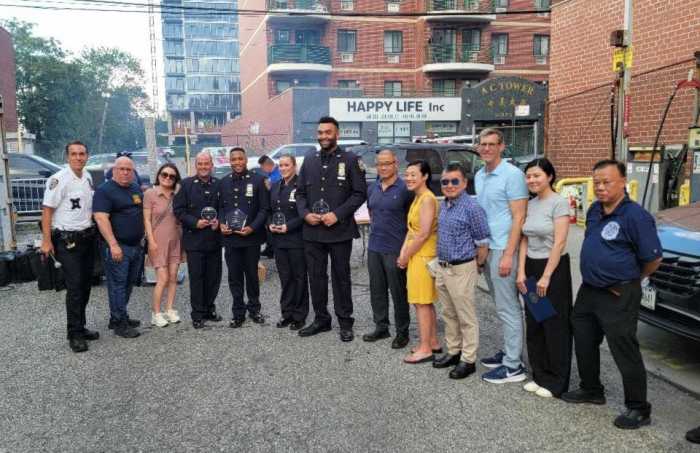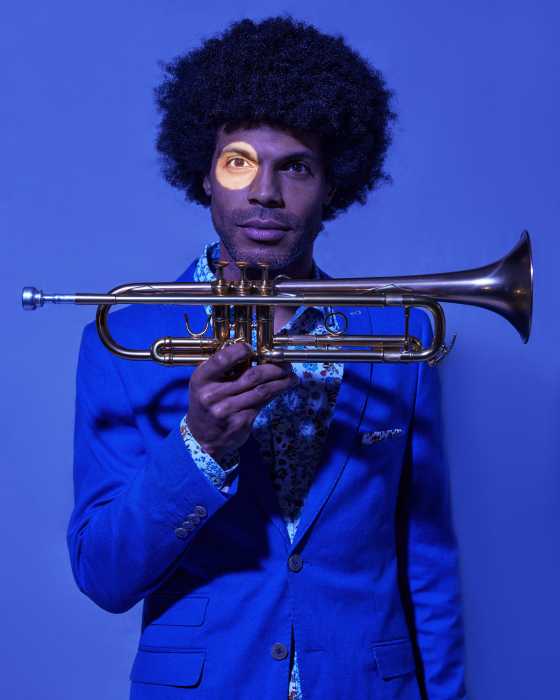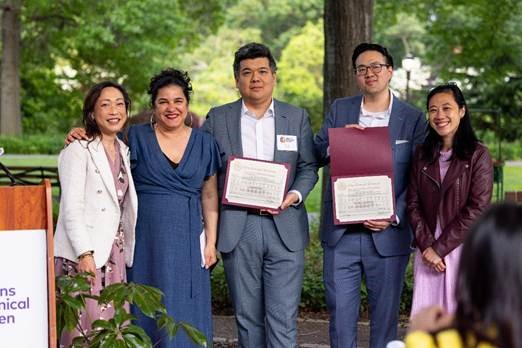Its easy to see that the major problems facing downtown Flushing are the dirt, grime and garbage in the streets. On a hot afternoon, the crowded area smells egregiously of garbage as trash cans spill over with empty cups and food containers. Stray pieces of paper stick to the bottoms of shoes or to bubble gum on the sidewalk.
With tens of thousands of commuters surging through the areas transportation hub each day, mingling with Flushing locals in the businesses on Main Street, Roosevelt Avenue and surrounding streets, its hard for even the most scrupulous of business owners to keep up with the mess.
"The filth and stench are really unbelievable," Councilman John Liu (D-Flushing) said. "But its really much bigger than that. It raises ethnic tensions because the different groups blame each other for the problem." He also said that the trash problem inhibited the economic wellbeing of the area, noting that it had taken four years to rent out both the former Caldor building and the building now occupied by Old Navy on Roosevelt Avenue.
But now, a number of local organizations and politicians are pitching in to help make things better. From the Buddha Light International Association religious organization to the Flushing Chinese Business Association to Liu, concerned groups are coming out in force to do the cleaning themselves.
Most recently, a group of interns from the campaign offices of State Assembly candidate Barry Grodenchik (D) and Councilman John Liu did their part by spending a sweltering day painting over graffiti scrawled on the walls of local businesses on 38th Avenue.
"I believe children shoulnt grow up in a neighborhood thats dirty," said 16-year-old Frankie Chung, one of the interns. "If they fall, I dont want them to land on this," he added, pointing to the grimy sidewalk.
"Its a big task at hand," said William Lee, 21, who was overseeing the project. "Something like this is a way to start off. Were just doing our part."
A passerby stopped briefly as she walked down the street to congratulate the young people on their hard work. "Ive lived in Flushing since 1976 and Ive never seen it dirty like this," she said.
Grodenchik, who was raised in Flushing, said that he had knocked on some 5,000 doors so far in his campaign and that almost everyone had complained about the filth in downtown Flushing. "It cut across all ethnic, religious and socio-economic lines," he said. "I talked to a lot of people who said they wont go there because of the conditions."
Grodenchik said, if elected, he would push for a business improvement district (BID) to be formed to help local businesses pay to hire people to clean the streets. Other local politicians, including Liu, as well as many civic and business organizations also see a BID as key to cleaning up the area. Grodenchik also said he would like to see the statewide five-cent deposit on carbonated beverage containers extended to water, iced tea and juice containers. "Peoples drinking habits have changed a lot since 1982 [when the deposit law was passed]," he said. "I think a lot of the garbage overflowing from trash cans is water and juice bottles."
Liu said he had worked hard to keep the city from cutting downtown Flushings 15 weekly garbage pick-ups to two in the fiscal 2003 budget. Still, Liu said that 15 pick-ups were clearly not enough. He has long urged the city to add more trash cans in the area, and has succeeded in having a some new, larger baskets placed on certain streets.
Perhaps Fred Fu of the Flushing Chinese Business Association summed up Flushings problems when he said, "It hurts business. It hurts everyone. Only the mice are happy."



































